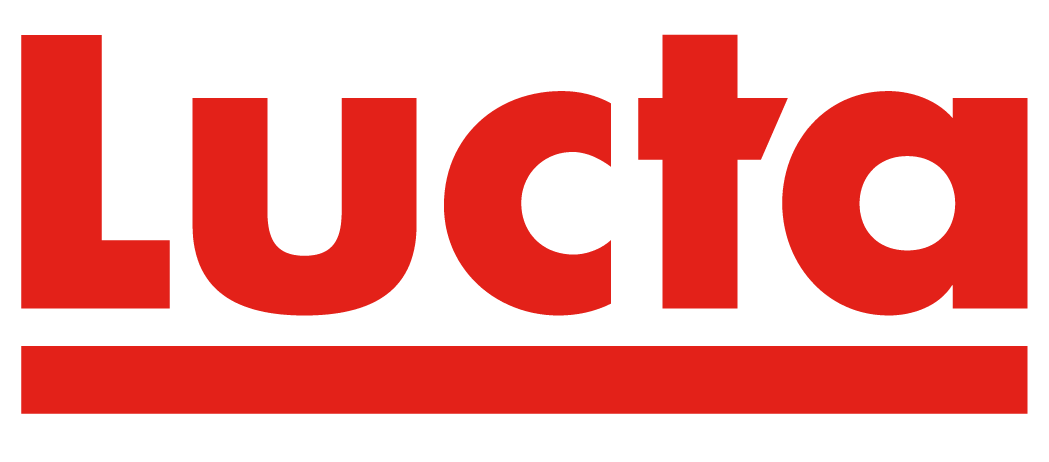TOP 10% MOST DOWNLOADED PAPERS IN THE JOURNAL OF THE WORLD AQUACULTURE SOCIETY 2018-2019
Squid visceral paste is a popular attractant and feeding stimulator supplement in shrimp feeds in China, but it often faces problems with fluctuating availability, cost, composition, and quality. An 8-week experiment was performed to test a proprietary palatability enhancer as an alternative to squid paste in white shrimp feed. Seven diets were tested: a control diet with no supplementations; S1 and S3 diets supplemented with squid paste at 1 or 3%, respectively; S1+PE0.1 and S1+PE0.15 supplemented with both 1% squid paste and the palatability enhancer at either 0.1 or 0.15%, respectively; and finally PE0.1 and PE0.15 supplemented only with the palatability enhancer at 0.1 or 0.15%, respectively. The results showed a trend for increased feed intake and weight gain when squid paste was added to the diet compared to the control, but this was worsened by raising the inclusion level from 1 to 3%. The inclusion of the PE, in combination with squid paste or alone at 0.15%, led to a significantly higher growth, and a feeding stimulation effect was also indicated, with PE0.1 and PE0.15 having a higher feed intake than the control. A further beneficial effect was a significant increase in protease activity in the hepatopancreas in the S1+PE0.15, PE0.1, and PE0.15 treatments compared to the control. In addition, a significant increase in the height of the intestinal mucosal folds was observed in PE0.15, followed by PE0.1. The results demonstrated the potential to replace or reduce squid visceral paste in shrimp diets by supplementing with a PE with functional effects beyond feeding stimulation.
